2011 Archive (10 found)
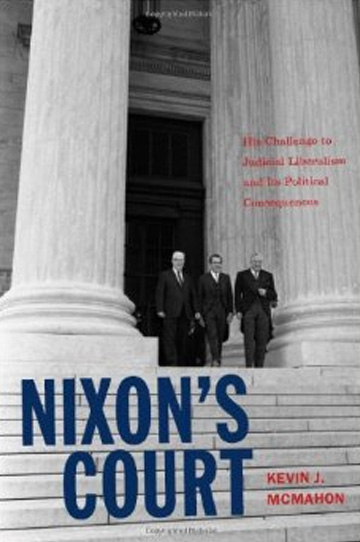 Nixon’s Court
Nixon’s Court
November 1, 2011 | The Barnes & Noble Review
Richard Nixon assumed the presidency in 1969 with a rare gift in hand: a lame-duck chief justice presiding over the Supreme Court. The great progressive Earl Warren had announced his retirement in June 1968 in hopes that Lyndon Johnson could appoint his successor. But the Senate rejected Johnson’s man, Justice Abe Fortas, and soon clouded …
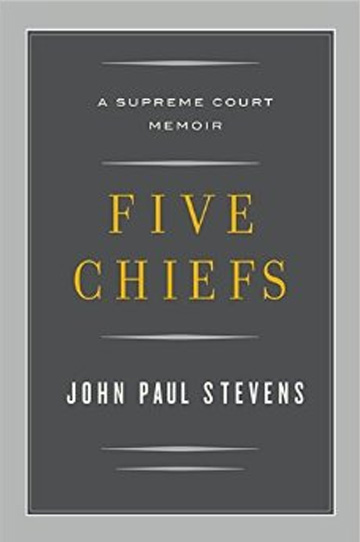 Justice Served
Justice Served
November 1, 2011 | Washington Monthly
In an age of judicial philosophies, abstract methods of interpretation, and trite baseball metaphors, John Paul Stevens was a common-law judge. Justice Antonin Scalia practices textualism; Justice Clarence Thomas practices originalism. Chief Justice John Roberts is developing a sort of reactionary legalism. Even the Supreme Court’s liberals have gotten in on the game. In a …
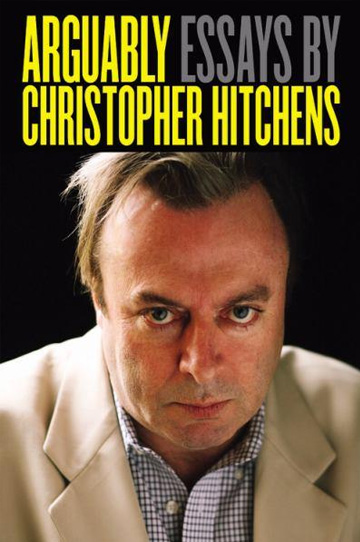 A Singular Voice
A Singular Voice
October 1, 2011 | Wilson Quarterly
For years it has been easy to take Christopher Hitchens for granted, and now we are losing him. The incomparable British polemicist, contrarian, essayist, bon vivant, and bullhorn of the anti-totalitarian left has advanced throat cancer, and may have won his last motion in the debating hall and blown his last smoke cloud into the …
 Leningrad
Leningrad
August 30, 2011 | Salon, The Barnes & Noble Review
In September 1941, as the German Wehrmacht sped east toward Leningrad, Josef Stalin struck a blow against sentimentalism in warfare. His advisers told him that the Germans were putting Russian children and elderly at the front line and ordering them to beg the Red Army to surrender the city. Soviet troops recoiled from orders to …
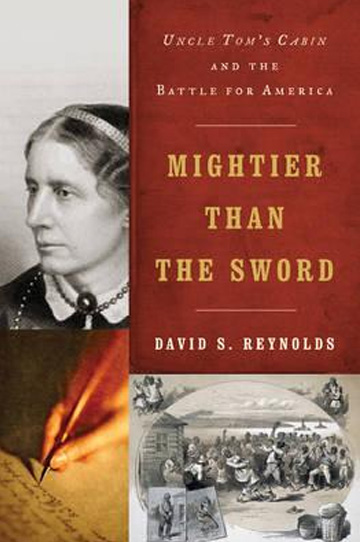 Is “Uncle Tom’s Cabin” a force for good?
Is “Uncle Tom’s Cabin” a force for good?
June 18, 2011 | Salon, The Barnes & Noble Review
A new book reassesses the controversial anti-slavery novel and explores its mixed legacy. Is “Uncle Tom’s Cabin” a force for good, or is it just a mediocre book? More than any other written work, it helped to provoke the Civil War and hasten the end of slavery. In its day (it was published in 1852) …
 The Life of a Maverick Lawyer
The Life of a Maverick Lawyer
May 16, 2011 | Salon, The Barnes & Noble Review
On the first page of this biography, Andrew Kersten calls Clarence Darrow America’s greatest lawyer. That’s not quite right. The title cannot belong to a man who tried to bribe a jury, represented the mafia, and defended unrepentant murderers and terrorists for the right fee — not when there are Thurgood Marshall, Louis Brandeis, and …
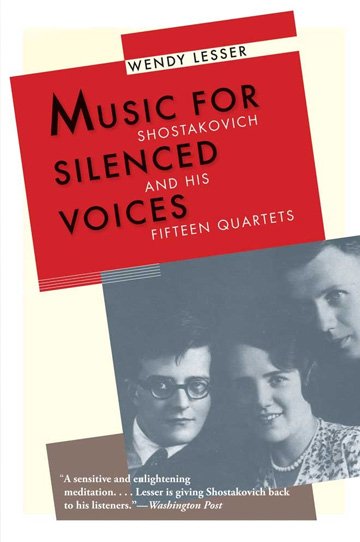 Shostakovich’s Ambivalence
Shostakovich’s Ambivalence
May 9, 2011 | The Nation
Dmitri Shostakovich was a coward. Or at least the great Soviet composer admitted as much to friends. The resulting shame reverberates through his music, sounding notes of terror, humiliation and despair. When in 1948 Communist Party apparatchiks denounced his compositions as “formalist” and inaccessible to the common worker, he made a public confession, saying his …
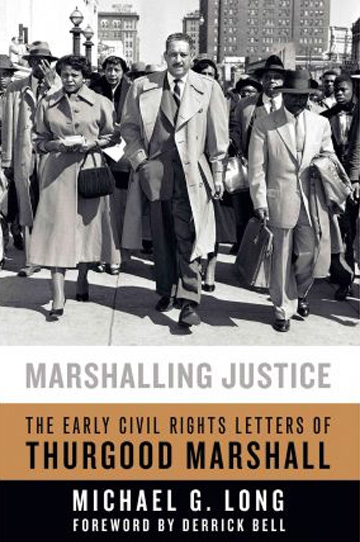 Cunning, Vision, and Immense Resolve
Cunning, Vision, and Immense Resolve
January 17, 2011 | The Barnes & Noble Review
Although he is remembered as the first African-American Supreme Court Justice, Thurgood Marshall in his day was one hell of a civil rights lawyer. As general counsel to the NAACP from 1938 to 1961 he argued 32 cases before the Supreme Court, winning an astounding 29. These seminal precedents include Smith v. Allwright (1944) (invalidating …
 Solitary Confinement
Solitary Confinement
January 15, 2011 | Washington Monthly
Tony Judt disliked the grand title “public intellectual,” even though he embodied it to the last day of his life. Judt (pronounced “Jutt”) was a professor of European history at New York University who died of Lou Gehrig’s disease at age sixty-two in August 2010. Before his death he rose to great prominence on two …
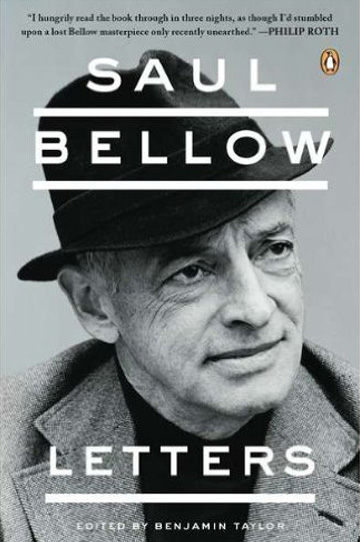 Hurricane Man
Hurricane Man
January 1, 2011 | Wilson Quarterly
In an essay about Mozart, Saul Bellow expressed admiration for the prodigious composer’s facility with melody and harmony, and marveled at the way the music “is given so readily, easily, gratuitously. For it is not a product of effort. What it makes us see is that there are things which must be done easily. Easily or …